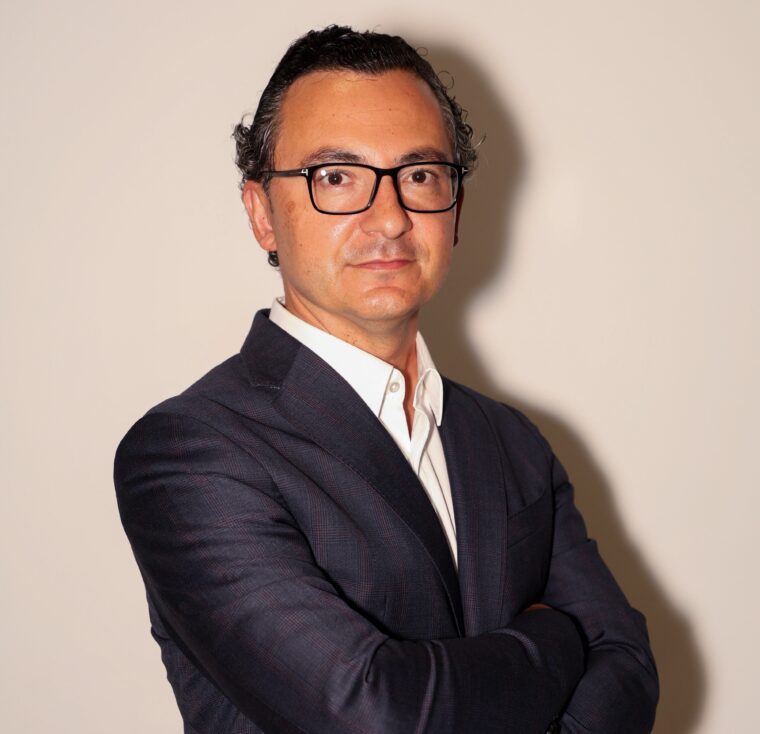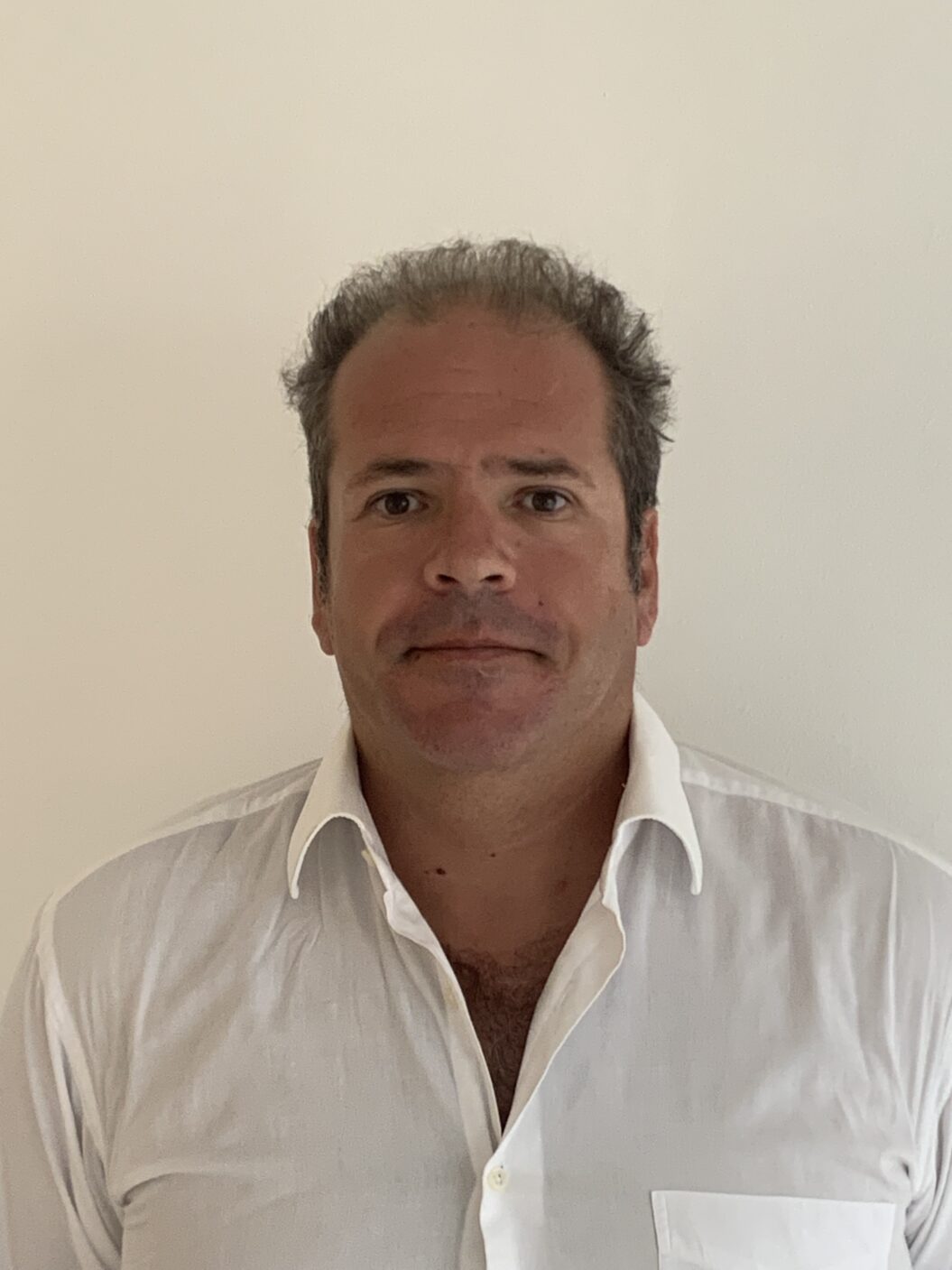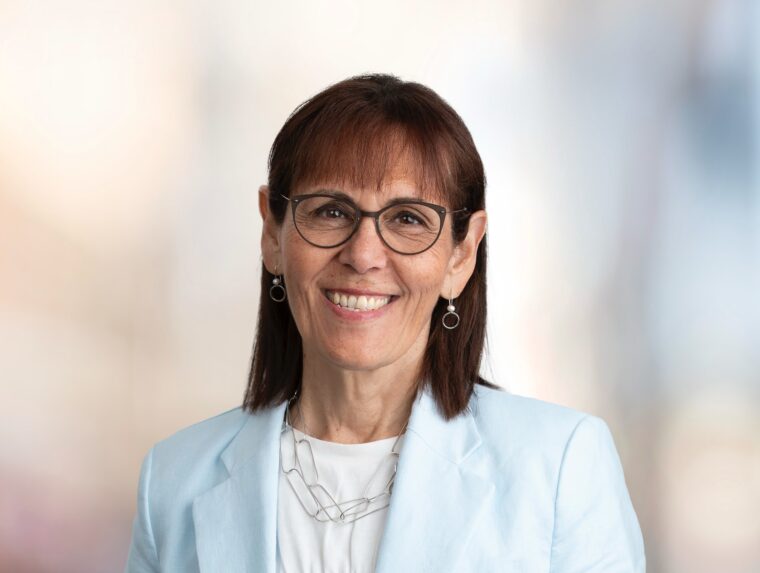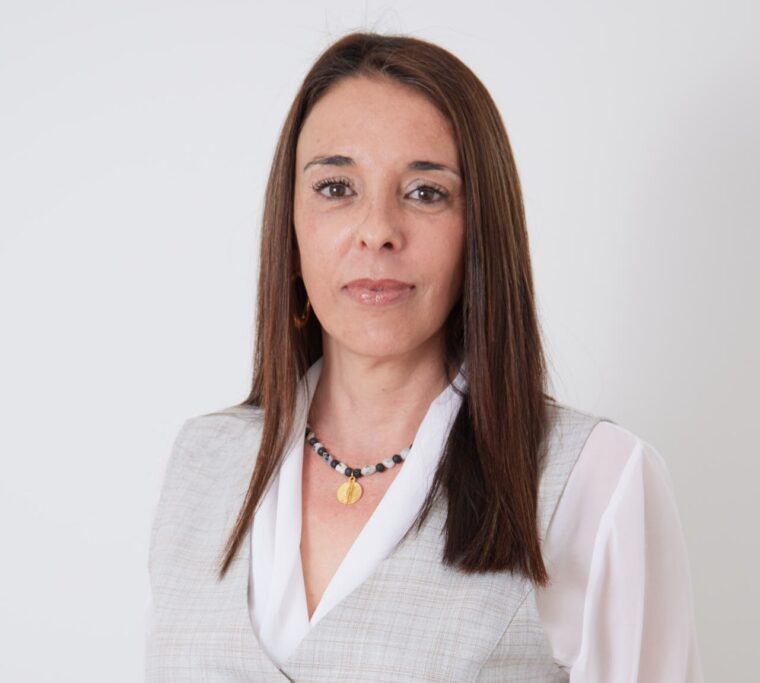As part of the partnership between the Portuguese Diaspora Council and Jornal de Negócios, João Camarão, Director for Risk Management in Fintech and Private Equity in Dubai, and Counselor of the Middle East, India and Egypt Regional Hub, was interviewed by Jornal de Negócios. In the interview, João Camarão discussed his professional journey and identified competitive opportunities for Portugal, its economy, companies, and entrepreneurs in general.
1 – WHAT LED YOU TO LEAVE PORTUGAL?
I began to seriously consider leaving Portugal in 2011, at the height of the sovereign debt crisis that was deeply affecting the Eurozone, and I managed to leave in 2012. At that time, there was enormous pressure that reduced the population’s purchasing power, and with all the measures implemented by the Troika, I felt it would be better to leave the country and emigrate to Qatar, which had recently been announced as the host of the 2022 World Cup — a strategic and promising choice for the future.
However, my departure gave me the opportunity to build a risk department and a new team from the ground up in a bank that went on to become a Global Bank with a presence on four continents.
2 – WHAT ADVANTAGES OR DISADVANTAGES HAS THE FACT THAT YOU ARE PORTUGUESE BROUGHT YOU?
I believe there is some advantage in being European, but not specifically Portuguese, especially since at the time Portugal had very limited relations with Qatar, not even having an embassy there. What I found here was a culture of meritocracy, where everyone has the same opportunities regardless of nationality — and that is how it should be. In the banking sector, which is my field, we see many professionals in highly relevant positions coming from countries such as India and Pakistan, among others — something not so common in other countries.
From my perspective, I progressed naturally, building my path by integrating into the country and its culture, while respecting local rules.
As a curiosity, I think we all feel a certain advantage when we say we are Portuguese, immediately being associated with Cristiano Ronaldo — it actually helped me skip a few queues at airports (laughs).
3- WHAT OBSTACLES DID YOU HAVE TO OVERCOME AND HOW DID YOU DO IT?
Settling in Qatar was almost like starting a new life. I didn’t know anyone, but the hardest part was the cultural component, as in 2012 the Gulf countries were even more conservative than they are today. For example, I needed authorization from my employer to be able to leave the country, and once I even missed a flight due to a system error.
Nowadays, that requirement has been removed and, although there is still considerable conservatism in some areas, the cultural shock for those who migrate to this region is now much smaller.
Communication with women was another challenge — I was often unsure how to speak with them. I had two local women reporting directly to me, and I wasn’t quite sure how to approach them; fortunately, everything went smoothly and that challenge was overcome.
I believe we Portuguese have an excellent capacity for adaptation, which explains why our diaspora is so representative and successful. Fortunately, I’ve had the opportunity to travel around the world and came across Portuguese people in the most unexpected places — for example, at a Fado night in South Sudan.
4 – WHAT DO YOU MOST ADMIRE ABOUT THE COUNTRY YOU ARE CURRENTLY IN?
At the moment, I am in the United Arab Emirates and would certainly highlight the modernity and efficiency here, all built upon long-term strategies. Overall, I would say that the UAE, Qatar, and now Saudi Arabia have for some years been on a very interesting development trajectory; in fact, their growing diplomatic engagement with several Western countries further enhances their expansion across various fields.
The Gulf market is, if not the most, one of the most competitive in the world, as all major international players have a significant presence here. This creates an incredible business dynamic and a constant need to add value.
5 – WHAT DO YOU ADMIRE MOST ABOUT THE COMPANY / ORGANIZATION YOU ARE IN?
I have just moved to a relatively new bank that operates in the digital space; we are still in an early stage and there is much work ahead. I believe the bank’s DNA is deeply connected to a concern for people and the wider community, promoting financial inclusion by providing access to financial services for a niche that has been largely underserved in the Gulf region — aspects that strongly align with my own view of banking in general.
At the moment, we are also developing two entities in the digital assets space, having received the necessary licenses and having also launched the first stablecoin in the United Arab Emirates. This new development aims to accelerate the decentralization of financial institutions, giving clients access to an emerging market that still holds great potential for growth and innovation in the UAE and the Middle East as a whole.
6 – WHAT RECOMMENDATIONS DO YOU HAVE FOR PORTUGAL, ITS ENTREPRENEURS AND MANAGERS?
There is a lot to say on that subject, and it could certainly be the basis for another interview. I believe that in Portugal, entrepreneurs and managers face many challenges with tax bureaucracy and regulation, which generally hinders our competitiveness.
I would say they should focus on strategic areas such as renewable energy, technology, and innovation, and foster international partnerships, since our market is still quite peripheral. It is also important to promote a culture of talent retention and of creating added value in products and services.
7 – IN WHICH SECTORS OF THE COUNTRY WHERE YOU LIVE CAN PORTUGUESE COMPANIES FIND CUSTOMERS?
Without a doubt in technology, now with a strong focus on Artificial Intelligence, banking and financial services, and healthcare. The Gulf market is relatively difficult to enter, but it is a market with great liquidity and strong prospects for short-, medium-, and long-term growth, with a genuine interest in doing business — provided that business models are well structured.
8 – IN WHICH SECTORS IN PORTUGAL COULD COMPANIES IN THE COUNTRY WHERE YOU ARE WANT TO INVEST?
I would highlight the real estate market — particularly luxury real estate — as well as renewable energy and tourism, areas where there is already some Arab investment.
Here in the region, even through sovereign funds, there is significant diversification of assets under management, and I believe Portugal has been doing an interesting job in strengthening its ties with the Gulf region, with several flights and airlines now connecting to Portugal, which brings investors much closer.
9 – WHAT IS THE COMPETITIVE ADVANTAGE OF THE COUNTRY YOU ARE IN THAT COULD BE REPLICATED IN PORTUGAL?
Modernization and urban planning: for example, I would highlight how traffic is organized in Abu Dhabi, which, despite a relatively high population density, is handled with speed and efficiency by the government. For instance, I obtained my work visa in less than a week after submitting the necessary documents and employment and financial records. I believe Portugal should look to successful countries to realize that it is possible to live better and have an innovative country that works. Nations such as the United Arab Emirates, Qatar, or Singapore are excellent examples.
The professional culture in the Gulf is that things must be decided, executed quickly, and done well, always with high productivity.
10 – ARE YOU THINKING OF RETURNING TO PORTUGAL? WHY?
Not in the short term, i.e., within the next three years, since in addition to my work in banking, I also have a personal project outside of Portugal, and it seems to me that the country needs significant reform in several areas to attract the return of Portuguese professionals.
In the long term, however, I would like to return and support Portugal in its future development, while sharing the professional experience I have gained in Europe, Africa, the Middle East, and Asia.







